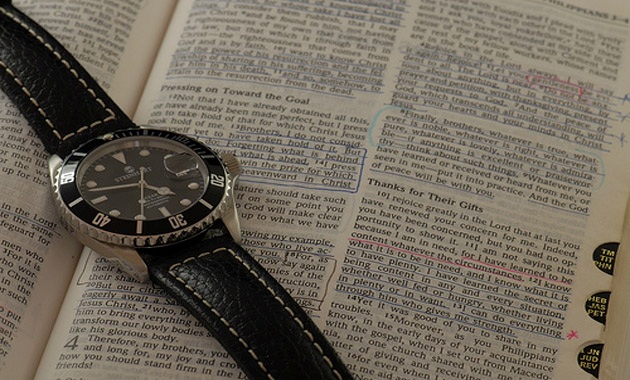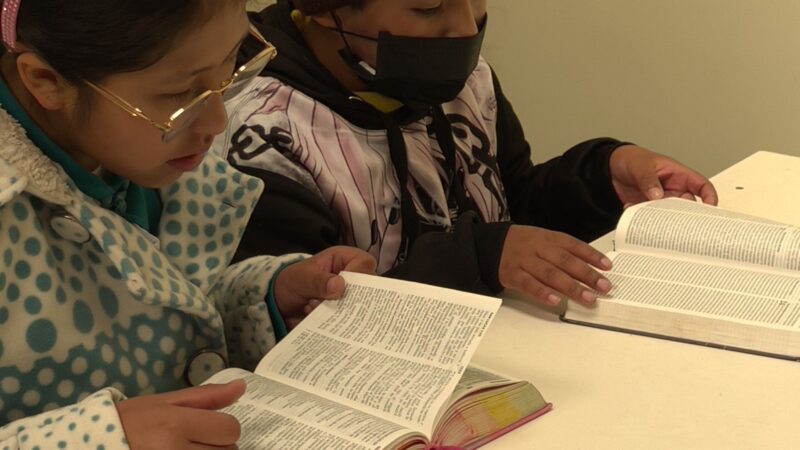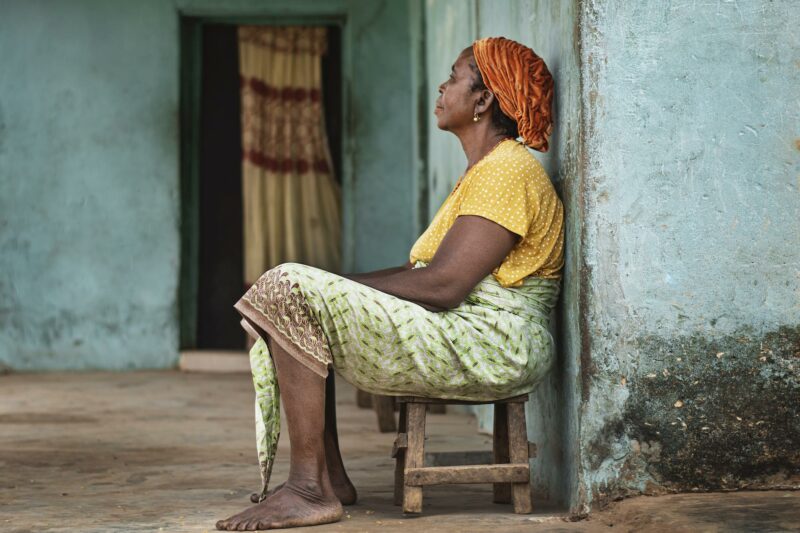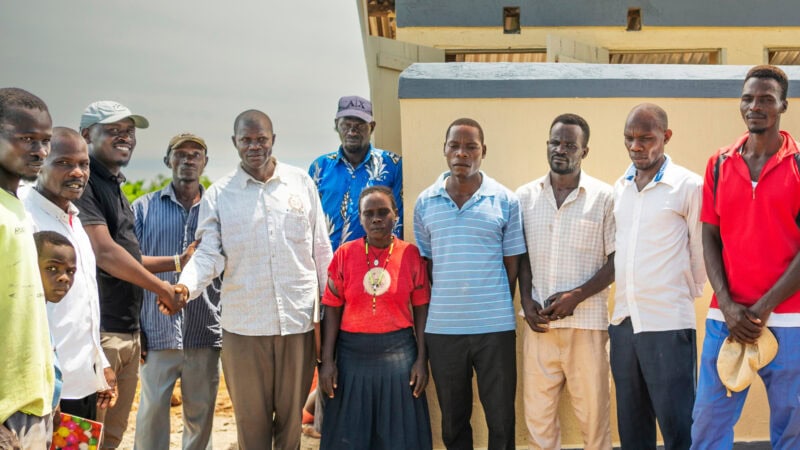There is a saying: “Americans have watches, but the rest of the world has all the time.”
Many places outside the US consider time to be polychromatic. Time is the servant and the tool that can be adjusted to suit the needs of people. More time is always available and one is never too busy. It is not necessary to finish one thing before starting another.
The concept of culture is complicated and many of the nuances of a culture lie deep and are unseen. It is like an onion with many layers. On the surface is our actions, which are easily observable. Beneath that are the belief systems, values and a worldview that dictates our actions.
Before helping in the poorest areas around the world, there are three things we must do before we act:
- Observe
- Listen
- Learn
These three words can seem weak to many Americans. People from western cultures tend to take action quickly in response to a problem. When we see something that looks broken we want to fix it, and when we come face-to-face with a family living in poverty, things look “broken” to us!
The problem with jumping in to fix things is this: if we haven’t built a relationship first – if we don’t know their story, or even their name – how will we know what their needs really are? When we slow down to fully take in our environment…. to really hear someone’s story…. to dig beyond appearances and ask God to teach us… then we begin to see things the way Jesus sees them. This is the beginning of understanding how to truly serve people.
Here is a challenge: make observing, listening, and learning our first response rather than taking action. When helping those in other socio-economic groups, let’s ask God to open our eyes to all that He wants us to see. Let’s listen more than we speak. Let’s learn more than we teach. Let’s open our hearts to what our Father wants us to learn. And let’s wait expectantly for the things He will reveal!





